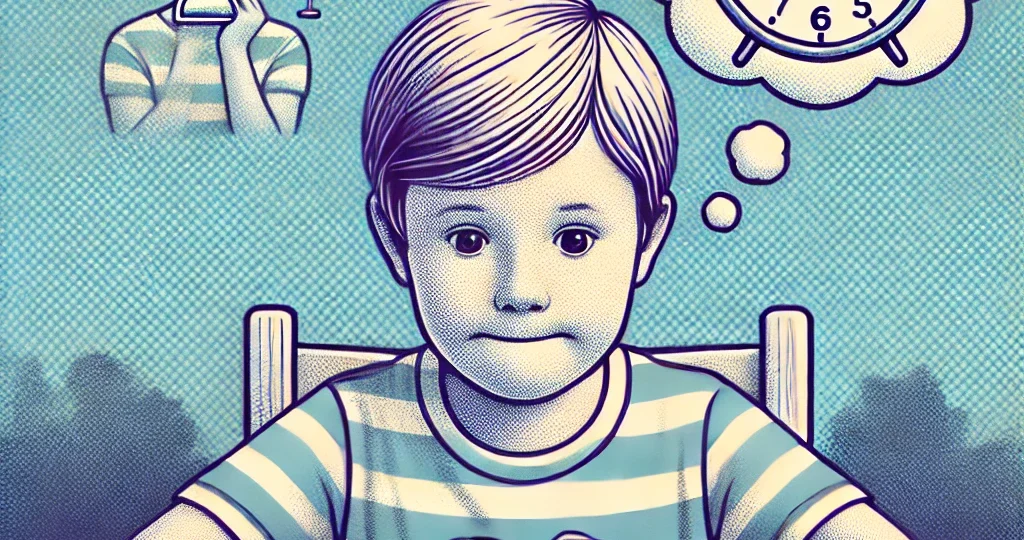The Marshmallow Test: A simple experiment with profound lessons
March 19, 2025 | by Venkat Balaji

Imagine you’re five years old, sitting in a quiet room, and right in front of you is a fluffy, delicious marshmallow. A researcher tells you that you can eat it now—or, if you wait 15 minutes without touching it, you’ll get two marshmallows instead. What would you do? This is the essence of The Marshmallow Test, a famous psychological experiment.
The Marshmallow Test was first conducted in the 1960s and 1970s by Walter Mischel, a psychologist at Stanford University. He wanted to understand how young children handle temptation and whether their ability to wait for a better reward was linked to success later in life. Mischel and his team tested hundreds of preschoolers, placing them alone in a room with a single marshmallow (or some other preferred treat, like cookies or pretzels). They told the child they could eat it immediately or wait and receive double the reward. What the children did will bring a smile to your face. They struggled to keep their hands off. Some kids covered their eyes, sang songs, or even sniffed the marshmallow to distract themselves! The worst part is they were recorded doing all this (with permission of course). But what profound lessons does this prove? It’s a child trying to resist the temptation of treats, how deep can this be?
Well, what Mischel found will shock you. Years later, Mischel followed up with these children and found a fascinating pattern: kids who resisted the marshmallow tended to be more successful as adults. They had higher SAT scores, better social skills, and healthier relationships. They were also less likely to struggle with obesity or addiction. This suggested that self-control in childhood might predict success in adulthood.
These results have some speculation though. A 2018 study following this research found that while delayed gratification does play a role in success, factors like upbringing, family income, and environment matter more. A child growing up in an unstable home might eat the marshmallow not because they lack self-control, but because they’ve learned not to trust that a better future reward will come. This experiment, however, is not completely disproven, and psychologists believe the marshmallow test result still holds value.
The Marshmallow Test isn’t just about kids—it reflects how all of us handle temptation. Do we save money or spend it now? Do we study for a better future or procrastinate? Self-discipline plays a key role in success, but it’s also something we can train.
Success isn’t just about raw talent or intelligence; sometimes, it’s simply about knowing when to wait.
RELATED POSTS
View all


